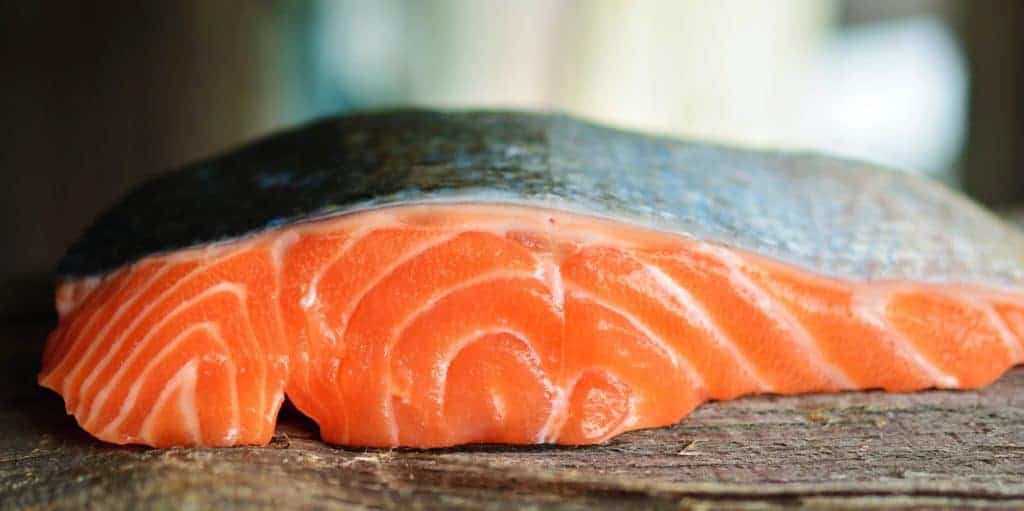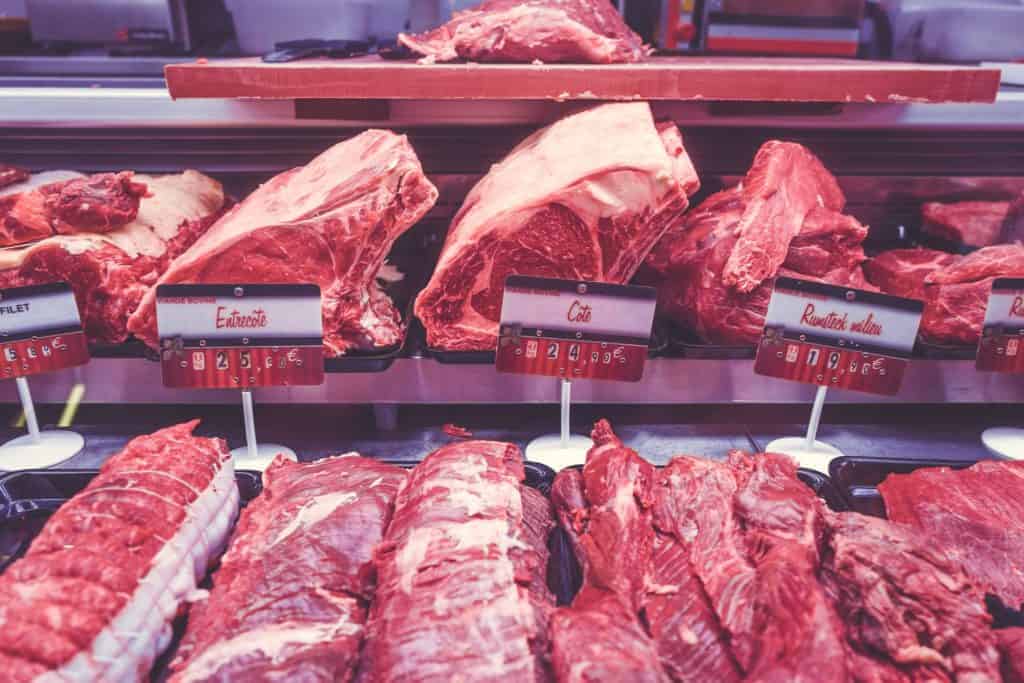If you’ve been paying attention to what’s new in the health and fitness space over the past year, you’ve likely heard “Carnivore Diet” come up in conversation at least a few times. The idea of a predominantly animal-based diet seems to go against what many experts are now touting as ‘healthy,’ as the plant-based movement continues to grow in popularity. But for those who regularly consume animal products (especially in ancestrally-based Paleo and Primal diets), a diet based on animal proteins alone may not seem like that much of a stretch, due to its hunter-gatherer baseline.
You may have several questions about what the carnivore diet is and isn’t, so I’ll go through some of the commonly asked questions to help give a clear understanding and how it may or may not be of benefit when it comes to supporting your personal health goals.
Where Did the Carnivore Diet Originate?

The carnivore diet isn’t a completely new concept. For years scientists have done extensive research on what our ancestors ate and have studied their bone samples, which show further proof that most of their diet largely consisted of protein derived from animals. Carnivore expert, Dr. Paul Saladino, explains that when animals are consumed “nose to tail” as our ancestors ate them, they can be very nutritionally dense and provide us with enough of the adequate vitamins and minerals we need for optimal health.
On his website, Dr. Saladino details some of the reported benefits ranging from weight loss (due to longer satiety) and increased energy, to lowered inflammation markers in autoimmune patients, relief from chronic skin conditions (mostly in the absence of dairy), improved sleep, and even improvements in mood-related disorders.
Is the Carnivore Diet Safe?
One big question that many people may have about the carnivore diet is: Is it really safe to consume that much animal protein? After all, we are constantly being warned by health experts and the media that eating too much meat and other animal products is dangerous and will cause a whole host of issues, namely increased cholesterol and heart disease. The answer is much more complex than a simple “yes,” as the subject of increased LDL (associated with higher risk of coronary artery disease) often comes up in discussions regarding heavy meat consumption. Dr. Saladino addresses this concern about cholesterol in relation to the carnivore diet within his book, The Carnivore Code and also in several podcast interviews. Going back to the nutritional density that meats offer, carnivore experts emphasize that humans can get everything needed from animal foods.
Which Foods Are Included?

According to Dr. Saladino, a basic carnivore diet can be made up of animal meats and fish including flesh, organ meats, connective tissue and even fat from the flesh of the animal and of course, the absence of any and all plant foods (also including grains, nuts, and legumes). For more variety, some people add in things like butter, eggs, and a specific type of dairy (A2 dairy only, if well tolerated). Dairy may trigger a skin reaction for those with existing issues though, so if those are the types of issues a person is trying to heal, he advises steering clear. Even A2 dairy can further aggravate skin conditions in some people. Those with autoimmune conditions are also advised to avoid dairy on the carnivore diet.
There is also a variation meant for those who don’t necessarily want to follow an all-or-nothing approach. Carnivore adjacency still emphasizes the importance of leaning primarily on animal foods, but also allows for some plant foods that are considered “less toxic” like avocados, lettuce, certain types of squashes (minus any seeds), and fruits that are not sweet.
One definite caveat to the carnivore diet (and where some may struggle) is the lack of variety that comes with eating only animal products. In this case, it might be best to rotate often between animal meats and fish in combination with eggs and tolerable dairy while practicing some level of carnivore adjacency. There are a few carnivore cookbooks out there, and if a person gets bored with the standard meat options, wild game meats like elk, venison, bison and wild boar offer some additional options.
What About Macros?

If it’s weight loss a person is trying to achieve through a carnivore diet, it’s suggested that one gram of protein for each pound of body weight (your goal weight) would need to be consumed. You could then add in fat as needed until reaching the point of satiety. Combining the increased protein intake with calculated fasting can also jumpstart weight loss for many people.
The carnivore diet may also appeal to those who’ve tried and been unsuccessful in their attempt at a Keto diet, due to the fact that it doesn’t allow for much in the line of carbohydrates, which are naturally found in most plant foods. Going lower carb might be more doable for some in this scenario, since you’d be eating more protein and fat, requiring little to no carbs for fuel. Glycogen levels can still be maintained without the consumption of carbohydrates so long as there is still sufficient fat intake included in the diet.
Where Can I Find Out More Information?
Just like with any diet, it’s important to do your own research before making a decision as to whether or not it’s the right fit for your lifestyle and nutritional goals. Here are some additional resources if you’re considering the carnivore diet:
The Carnivore Code by Dr. Saladino discusses the science behind the carnivore diet and how he uses it to treat patients with a myriad of health issues in his own medical practice. He has also appeared on several podcasts, which can be found on his website, Carnivore MD.
The Carnivore Diet by Dr. Shawn Baker is another good resource for all things related to the carnivore diet, and his website, MeatRX, offers additional resources and support, a Q&A, and several testimonials from those who’ve benefited from switching to a carnivore diet in his practice.
I’m following Carnivore meals for the last 5 months, about the meat I don’t have concerns because I know from it comes, it’s a very good meat without any kind of hormones, etc, also I eat some kind of fish lime salmon and other kind of fat fish, I do OMAD, and exercise a lot , 3 days a week bodybuilding and 3 days with cardio, but the huge problem is I don’t understand why I don’t loose fat. I’m 60, probably my metabolism becomes slower and I’m stuck with this.
Do you have an answer for me?
Hey Filipe! I would recommend maybe making sure your calorie intake is helping supplement weight loss. You can workout out and run with not seeing any loss if you’re consuming more calories than you’re burning. As you metabolism slows it will be important for you to make sure you’re burning more calories and getting your heart rate up each day in order to burn that fat off. This will help with heart health as well!